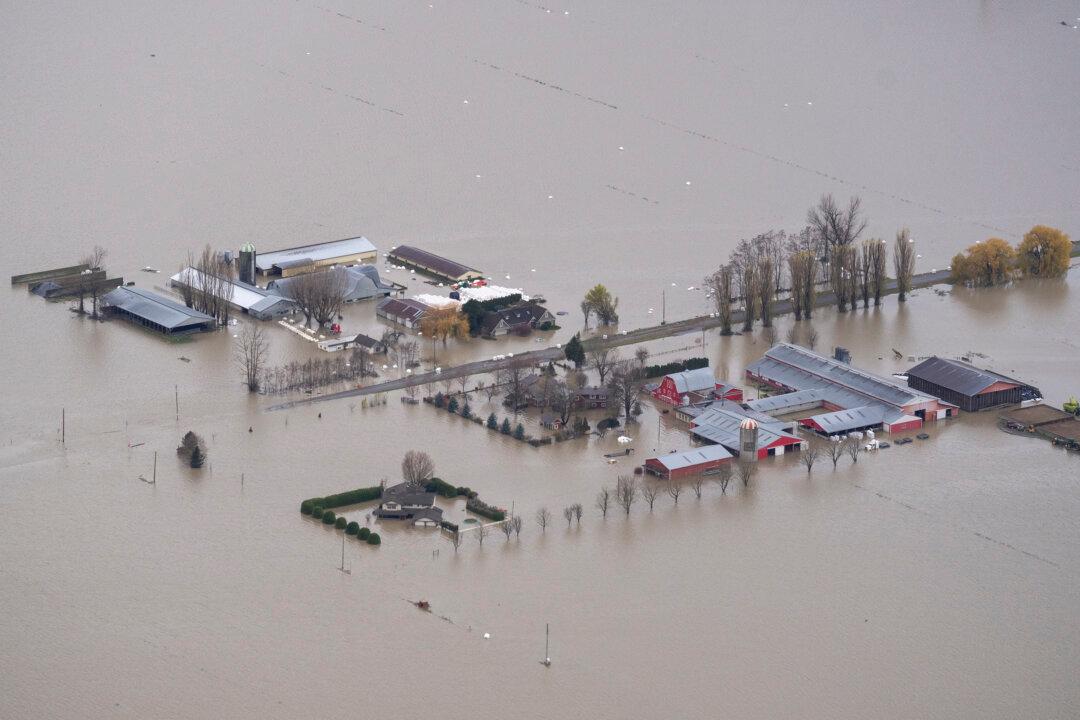Skeptics of Canada’s National Adaptation Strategy to respond to climate change say its approach is more ideological than practical and falsely blames recent extreme weather events on climate change.
Announced on Nov. 24, the strategy includes five areas of focus: disaster resilience, health and well-being, nature and biodiversity, infrastructure, and economy and workers. Funding to the tune of $1.6 billion will go to local communities to bolster infrastructure against “extreme weather events” like forest fires and floods, among other initiatives.





